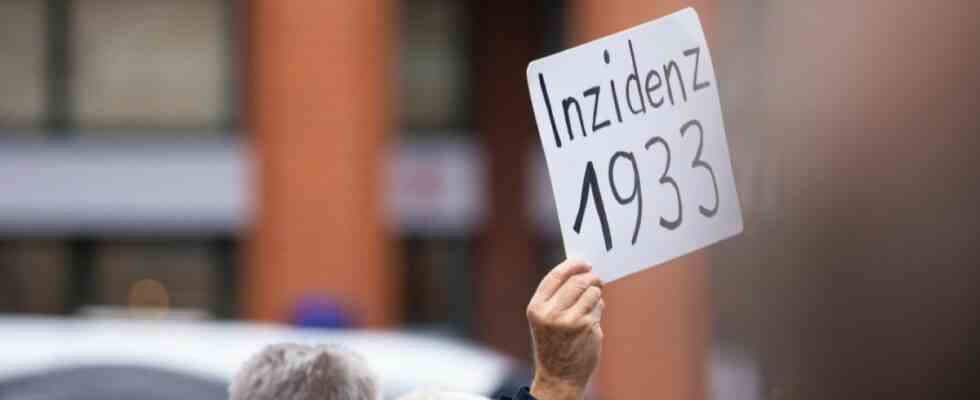Knowing an opponent is on your neck makes life easier. Of course, we’re not talking about people who ambush others with murder intent. Rather, it is about perceived enemies. Depending on their worldview, people smell these adversaries in different groups and collectives. Corrupt elites, high finance, the media, the patriarchy, the so-and-so lobby or members of a religion or ethnic group: the enemy images are diverse. What all these ideas have in common is that they give believers the feeling of belonging to the good guys.
In addition, this alleviates the burden of personal responsibility, all personal unhappiness supposedly has its origin in the fact that “they” systematically sabotage progress. In this black-and-white world of populist thinking, hatred and self-righteousness go hand in hand: it is the wicked themselves who force us to despise them.
Anyone who walks through the world with a simple enemy-friend pattern constantly collides with other people’s worldviews
For psychologists, the hatred of the self-righteous poses a chicken-and-egg problem. The question is: does populism really fuel the hatred, or are the black-and-white political directors thriving on the hate that already exists? So is hate more of a prerequisite or more of a result of populism? Psychologists around Cristhian Martínez and Jan-Willem van Prooijen from the Free University of Amsterdam tend towards the second variant after analyzing the data of a little more than 2500 subjects: It is more likely that populist currents will only really let hatred boil up in their supporters. Anger, disappointment, resentment and other states drive people into the arms of the preachers of simple messages, where they are then really whipped up.
According to the psychologists, populism is characterized by the fact that it emphasizes a contrast between evil elites and good people and mobilizes negative emotions. According to Martínez and van Prooijen, these currents are at home in both the right and left corners of the political boxing ring. In Germany, psychologists place both the AfD and Die Linke in the populist camp. Their enemy images may differ, so the argument goes, but parties like this both present a simple contrast of good and bad, above and below.
If you follow the psychologists, this simple black and white thinking unleashes the spiral of hate. In a second survey, those who revealed tendencies towards populist thinking in the psychologists’ tests indicated somewhat stronger feelings of hatred towards concrete individuals and abstract groups of people. However, the results should be viewed with some caution, since the period between the first and second examination was quite short at two months.
However, it sounds plausible that supporters of populist ideas have become more negative over time. Anyone who walks through the world with a simple enemy-friend pattern constantly collides with other people’s worldviews. The bad guys rarely see that they’re supposed to be the bad guys, and counter attacks with their own poisonous self-righteousness. They end up bathing together in the hot springs of their hatred.

